Lorikay Stone is professional photographer and events coordinator. I met her through a mutual friend who wanted us to link together and discuss the upcoming Art Walk. Lori’s vivacious and enthusiastic personality was very appealing to me and I knew she would be an interesting subject for an interview. Little did I know how talkative she is – her pictures truly are worth a thousand words.
How long have you been taking photos?
I’ve always taken pictures. I am fifth generation Kodak, my family started when Kodak started. My family wasn’t full of professional photographers, but my grandfather was an amazing photographer and he tested film. He had a beautiful eye for capturing moments.
When I attended high school I took some photography courses, I found as an artist I was messy, but I had a really good eye. Someone eventually asked if I would take some pictures of them and they would pay me, I was 18 or 19. I remember I then moved to Ft. Lauderdale because both of my grandparents fell ill and I enrolled in more photography courses. My grandpa gave me lots of feedback, technical feedback. I did lots of photography projects for him when I was younger.
What drew you to photography?
Mainly my family history and I had a good eye for it. What drew me to people photography is that I’m very social, I like people and I felt it was a way to give back. I recall a friend of mine wanted to collect a scrapbook of different locations nationwide and I figured it would be a good way to travel. Ironically, I actually met my ex-husband of fifteen years on that trip.
Have you always resided in Atlanta or are you from a different area?
I was born in upstate New York after my parents divorced and moved to Florida or what I like to call “South New York” (laughs). When I was 25, I took a trip nationwide and that was my attempt at discovering myself. I moved to Colorado Springs in 92 and worked for a professional photo lab. There I met some of the greatest photographers in the world and these were landscape photographers. I took what I learned from them and applied it to portraits.
When did you start shooting around the Atlanta area?
I moved here in 1999 and didn’t pick up my camera for a year. I wanted to change jobs and do something new; I actually became a travel agent. I vowed to not pick up a camera for a year and believe it or not a year to that day, a friend of mine asked for me to take a portrait.
I remember after 9/11, many photo agencies closed because the Internet started to change everything. These were older photo agencies and they couldn’t keep up with online transactions and processing. The Internet put a lot of these kinds of agencies out of business and I was able to pick up many of their clients. But I realized then that it’s very important to understand and be proficient in different levels of photography, in addition, almost everybody should have the opportunity to capture their family on film. You should pick your photographer like you pick your therapist, you need to be comfortable with that individual and the photographer needs to have the ability to bring that extra spark out of an individual or group of people.
You coordinate a major event called the Art Walk, give me some details about that.
It’s been going on for a couple years. The next one is May 14 at Studioplex and it will have everything to titillate your senses. We have chefs, poets, performance artists, skywalkers, yes even Luke (laughs).
There is a huge range of artists. Angie Wehunt will be there and she’s a folk artist, also Drea James a jewelry artist and Catherine Plate. Nabil Mousa will have some work there and he is from Syria, he concentrates on abstract paintings that support various gay rights movements worldwide.
Do you set up any other events around town?
Whenever I’m called to do it. I’m involved with Women in Focus and we do 3-4 gallery shows, I also have a Paris photography exhibit at the Stewart McLean gallery.
Let’s talk about influences. Who are some of your artistic influences?
I get the spiritual power of my art from a connection with God. I’m very spiritually and philosophy based, so I’m careful about how I throw around the word God. But to me God is a catch all term for something undefinable. I view God as the binding power of all things.
In terms of other influences, Nabil Mousa is one of my mentors and he taught me to be more free flowing and encouraged me to do more artwork in addition to my photography. He made me paint on top of my photographs and he’s always told me to be free and let things flow. That’s a very different form from how I shoot. In my photo studio, it’s about control, whether it be controlling lights, shade, the subject, but sitting with a paintbrush is really scary and hard to do.
Ansel Adams said, “Not everybody trusts paintings, but people believe photographs.”
I’ve often felt that most people categorize photography as more of documentation process and not an art. Would you define photography as a creative art or is it the opposite?
It is an art form. Art is making sense of things, reflecting beauty. I am in awe of photographers who walk down an ordinary street on an ordinary day and they see a shadow or reflection and capture that moment. An artist is someone who can capture from within. Those working with digital photography and film definitely need to have that skill. Bear in mind, Ansel Adams said that before digital photography (laughs). Coincidentally, I went to his exhibit in Cartersville and he had some very beautiful and artistic portraits of people.
Do you feel it’s necessary for people to obtain formal photography training or is it something one can learn on their own?
I struggle with that…but I’ve been shooting for 23 years. I’ve always had mentors and took the craft very seriously. Nowadays with digital photography it’s done two things. One, it has diluted the field, two, it has forced the people who are serious about their craft to take things to the next level.
I feel it’s important for people to consult an expert about photography because if you don’t know what to look for, it’s advantageous to find someone who does. I look at some photographers work and they have shoddy websites and layouts and it comes from a lack of training. People need to make sure the head shots and other things on their website look professional and well thought out. This is your first chance, your first impression, remember that.
To view Lorikay’s gallery and receive more details about the Art Walk, you can contact Lori via her site here

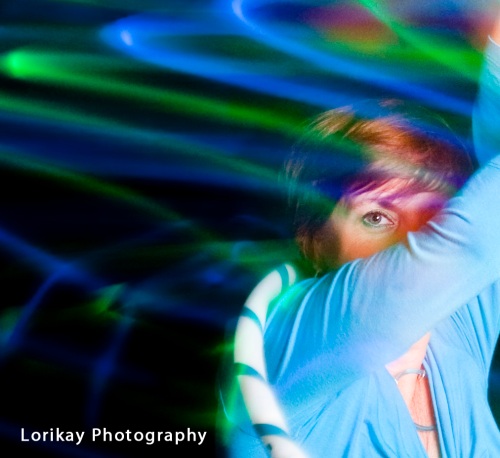

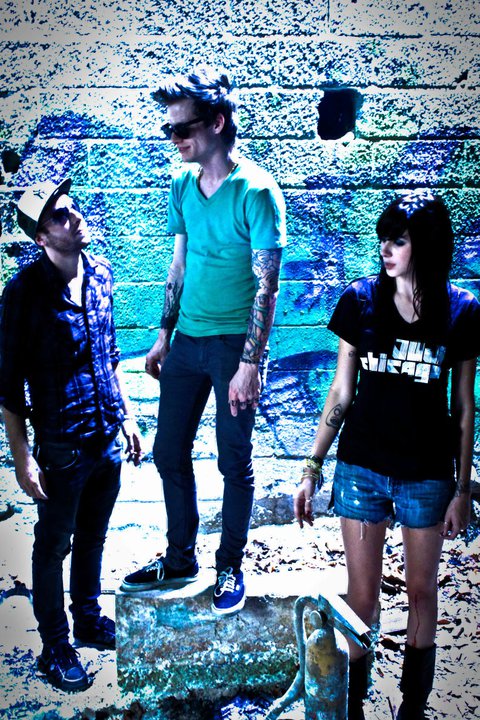

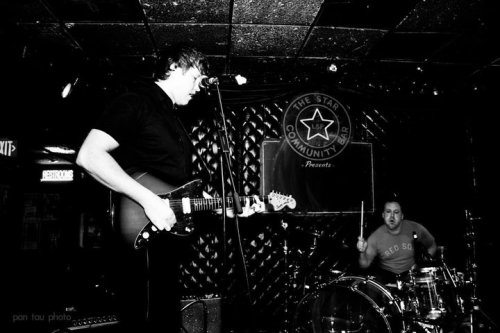
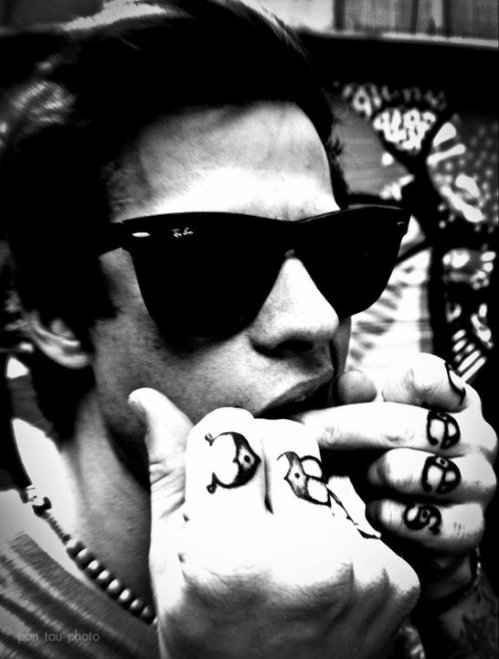
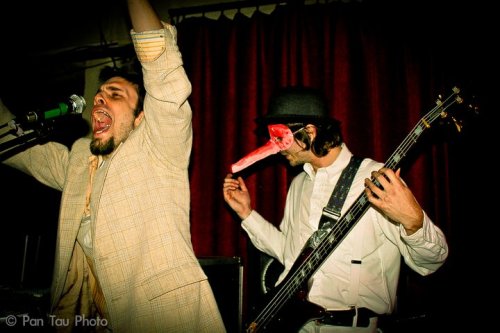

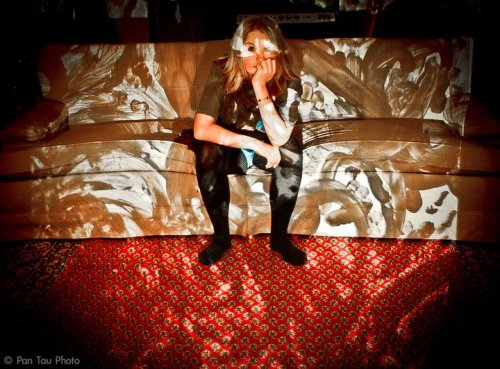
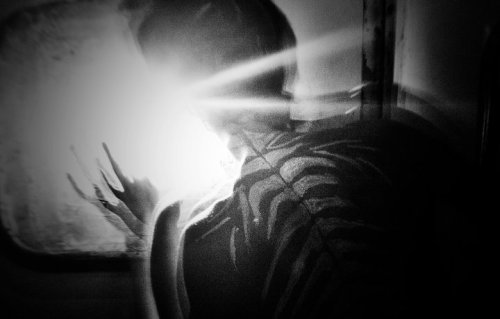

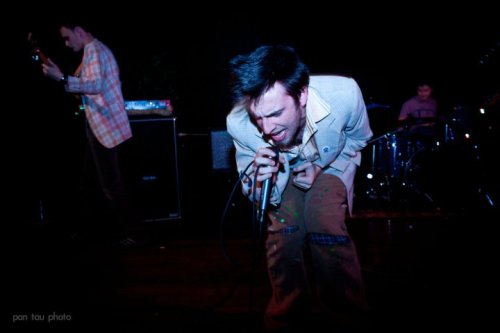

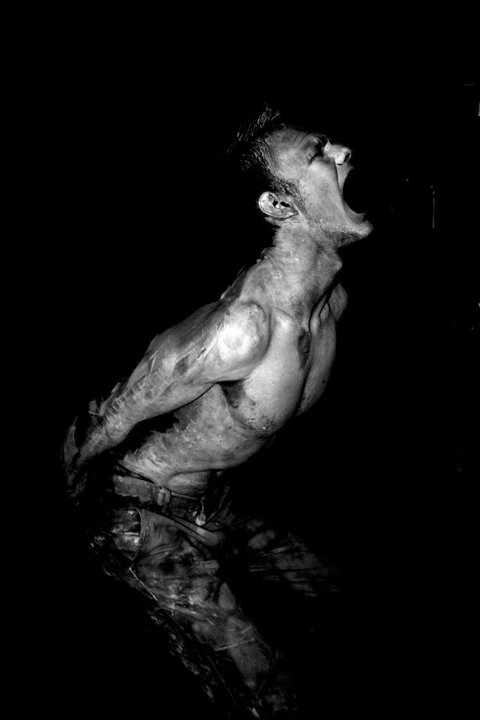












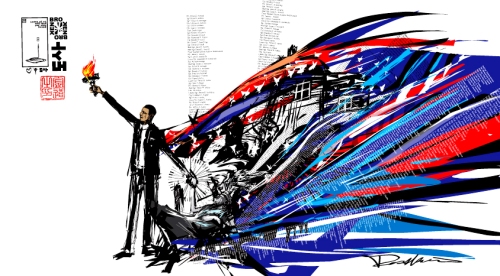






Where Does Art Belong in a Capitalist Society?
Art is not something that can be used within a diverse set of applications worldwide. A knowledgeable software programmer with a masters in computer science and engineering can create a software program that can benefit the entire world. Accountants help to interpret and communicate the financial information within a company; this is extremely valuable for business owners, managers and shareholders. The same can be said for doctors or clinical lab technicians who help to diagnose, monitor and treat diseases that can threaten all of mankind.
However, an art form such as music can only be taught to people who are interested in music and want to expand their own outlooks in regards to that craft. Music is not something that can be used in a variety of applications and fields and one person’s music tastes can be largely divergent from another person’s. So the entire art form is very subjective and is balanced upon the often disparate interests of different groups of people.
In general, from a capitalistic vantage point, it may be hard to weigh the overall benefits of the fine arts because 1) they cannot be applied universally and 2) it is hard to make an extraordinary amount of profit on the by-products of the arts and those products’ application within our modern global society.
From this perspective, one can better understand how arts programs have been cut from school budgets and why students are encouraged to enroll in more math and science courses and not band class. However, I would argue that the arts definitely have a place within a capitalistic society; moreover, they have a strong place within American culture.
As a capitalistic society, we may share a set of attitudes and goals surrounding the pursuit of profit or a greater dollar. But as a nation, we are a myriad of cultures and the arts are a major subdivision of all cultures within our nation. America is a very diverse nation, but as people we share a capacity for symbolic thought, creative expression and social learning. The arts enhance all of these things by granting individuals and groups the power to express themselves through art; impacting other people through a completely new and provocative experience that can transcend the artist’s initial inspiration or stimulus. This in turn manifests the creation of new symbolic thought processes and engages people in both passive and active learning experiences.
Let us not forget that the fine arts are universal and have the potential to connect people of all classes, races, ethnic groups and cultures worldwide.
Should it be mandatory for the government to support the arts?
This can be a tough question because it arouses the issue of what role the government should play in any private sector, including the arts. But I would make the case that the arts should not and are not exclusive to the private sector, but a part of the public sector. This is because the arts offer intrinsic value to our society – personally I feel that we cannot boil everything down to profit within this country.
In addition, I believe that arts programs should be in every academic institution. There should be government support and funds for all fine arts programs and monies allocated to people interested in teaching the different art forms to America’s students. If someone wants to teach ceramics, film studies, music, dance, or journalism to a group of young, budding minds; they should be granted that opportunity and know that they can always receive some form of income, no matter how large or small, from a government entity. This should be a mandatory initiative on Congress’s long, bullet-pointed agenda.
Why do I feel that the government should support the arts?
I feel the government should support the arts for the same reason that we value creative expression and ingenuity as human beings. I also value the arts because I understand that from time to time our society needs to take a mirror and have our people look at themselves. Artists provide that self-examination and keen, yet sometimes brutally honest observation of society. And let’s not forget, art is entertainment. We love the spectacle of seeing a gifted virtuoso onstage or watching a blank canvas transform into a work of art that resembles a reality separate from our own.
The entertainment aspect is honestly no different from what we get out of sports. We watch athletes because it’s entertaining and enjoy seeing people who are in their peak physical condition competing against similarly matched athletes. Yet time after time, schools and universities nation-wide increase the budgets of the sports teams (especially in the southeast), while the arts programs and facilities remain in constant fear and peril of being extinct on campus.
Parents send their children to specialized art schools where they can cultivate their artistic talents, but these schools remain on the fringe of the academic world. In addition, many parents may do this hesitantly because they feel their children will end up with a mountain of debt and no lucrative career to assist in paying it off.
My only answer is that the government can play a greater role in promoting the arts, specifically at the compulsory education levels of elementary, middle and high school. There are countless art galleries, museums, opera houses and dance halls funded by the government, that’s great! But I always hear complaints from the art teachers and band/orchestra directors at the schools. They complain about how the budget is being cut, teachers are losing their jobs; there is not enough interest in the programs, etc. There should always be government support for the arts and it starts at the school level.
Students who encompass a natural talent for the arts should not feel shunned. They should not feel that their set of skills is not valuable or lucrative within our society. As a musician, I have been told my entire life that music is great as a hobby, but why pursue it as a career? I have been told by family members, friends, counselors, etc. that being a musician can and will end up in starving artist lifestyle. And because it is a “starving” artist lifestyle, there is no value in it.
In addition, as a minority, I understand that amongst the lower-income black and Hispanic youth, it is more popular and respected to take the route of an athlete. They believe that because athletes in the NBA or NFL get paid more money and are more popular in the mainstream media. The job of an athlete ultimately becomes more appealing and gratifying to the impressionable inner city youth. If a few of these kids with artistic inclinations knew that they would be guaranteed some sort of income by being involved in the fine arts, things would be different. And it has to start at the compulsory education level, this is the time when our country’s youth is programmed and will eventually turn into future citizens/taxpayers of America.
In general, how the government and taxpayers respond to the arts agenda and cause is largely contingent upon where and how we view ourselves as a society. As consumers, we are all bound by the pursuit of a greater profit. This is a fact. But on a day to day basis, people do not ask themselves where they envision this country in the future. What kind of leaders will we have elected, what institutions will be built, how will the rest of the world perceive America? These are all tough questions that make up an even greater equation about how we ultimately define the new American society and the new American values of the 21st century.
But these questions have be to asked, at least evaluated- and the fate of the fine arts in our country should be one of these questions. My answer is simple. Fine arts education needs more funding at the compulsory education level. It is intrinsically tied to a child’s personal development and it is a public service to American society and culture.
*If you are seeking a solution on how to gain more funds for your fine arts program or start a fine arts program at your school, I would consult the National Endowment for the Arts (NEA) and find out where the funding sources in your state are.
You can access their site here and I would HIGHLY encourage you to read this article published by the NEA here
I also encourage students to start clubs at their schools. You may already have a band, orchestra, choir, art class, etc., but feel the curriculum doesn’t fit the needs of your current student body. First, talk to your teachers about it. Then see if you can start a club and highlight those art-related issues that you care most about. I was a part of a guitar club at my high school and it was a major part of my musical and personal development.
You can also partner with different organizations and people within your community. When I was in high school, my guidance counselor laughed when I said I wanted to play guitar and compose for a living. What she should have said is that I could seek out an internship at a local music venue or volunteer at a local theatre, art gallery or non-profit such as the NEA that works to protect and preserve the arts. Reach out to those other creative people in your community and help them make that community stronger.
1 Comment
Posted in art, featured, headline, music
Tagged fine arts, fine arts education schools, social commentary, thinkpiece, where does art belong in a capitalist society